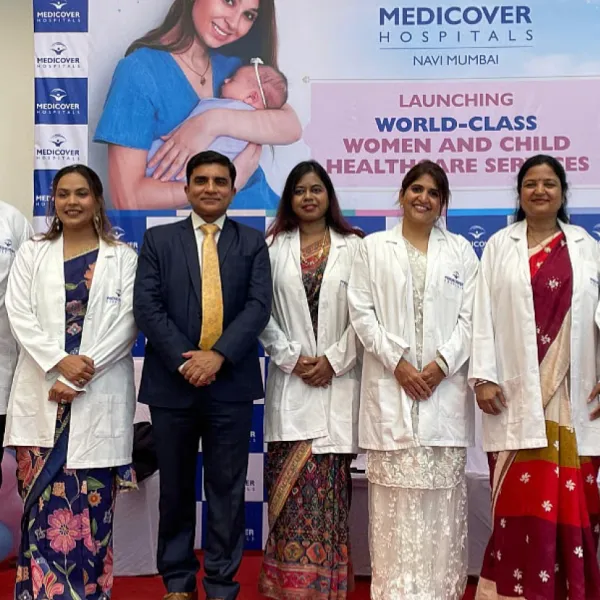AIIMS Delhi to Begin Trials for India’s First Homegrown MRI Scanner this October

This initiative aims to significantly reduce MRI scanning costs and dependence on imported equipment—currently accounting for 80-85% of devices—making these technologies more accessible to the public.
AIIMS New Delhi is set to install India's first indigenously developed linear accelerator and magnetic resonance imaging (MRI) machine for clinical evaluation by the end of the year.
This initiative aims to significantly reduce MRI scanning costs and dependence on imported equipment—currently accounting for 80-85% of devices—making these technologies more accessible to the public.
A memorandum of understanding (MoU) has been signed between AIIMS Delhi and the Society for Applied Microwave Electronics Engineering and Research (SAMEER), an autonomous R&D laboratory based in Mumbai, regarding installing the 1.5 Tesla MRI scanner.
SAMEER is also developing the linear accelerator, which will use high-energy X-rays or electrons to treat cancer. It is expected to be deployed within seven to eight months.
AIIMS has collaborated on various projects, providing essential medical expertise to review the work. After human trials, the machine will be transferred to AIIMS for clinical evaluation, supporting research and patient care. A more advanced version of the machine is planned for future widespread deployment.
AIIMS Delhi Director Dr M Srinivas said that, "majority of equipment in critical care, post operative care, ICU's, robotics, MRI's in India are imported equipment and 80 to 90 percent of most of the gadgets high-end gadgets are important because we have the best of the brains in the country, and we want to have the best of the equipment of the world also. So this is what AIIMS is about. So having got the best of the equipment in the world, we also feel, Can't we do that in India."
The Ministry of Electronics and Information Technology (MeitY) has supported these projects financially, collaborating with research institutes across India to enable import substitution and advance medical technology innovation.
SAMEER is also working on an advanced MRI-Linac integrated system for diagnostics and therapy, with plans for deployment in five to seven years.
While the MRI scanner is used for non-invasive imaging of soft tissues, linear accelerators are crucial for cancer treatment through high-energy X-rays or electrons.
Dr PH Rao, SAMEER’s Director General, added that their focus is shifting towards a more advanced MRI solution, combining MRI and linear accelerator technologies for diagnostic and therapeutic purposes.
Stay tuned for more such updates on Digital Health News.
Stay tuned for more such updates on Digital Health News





























